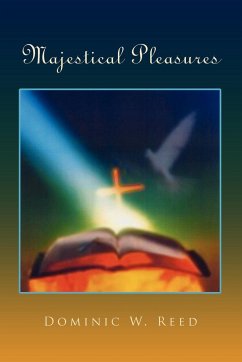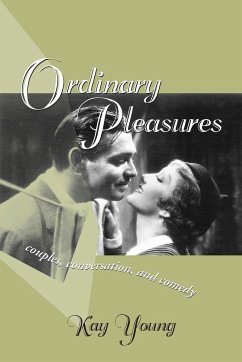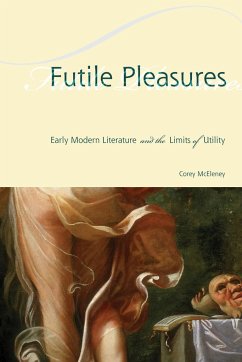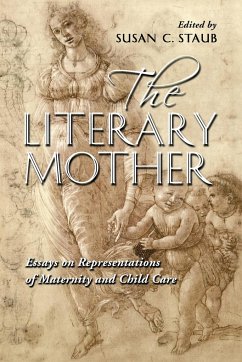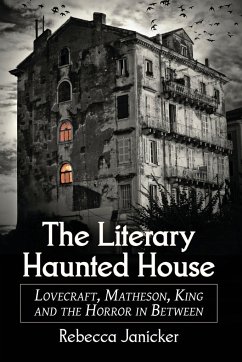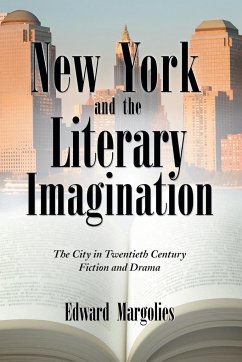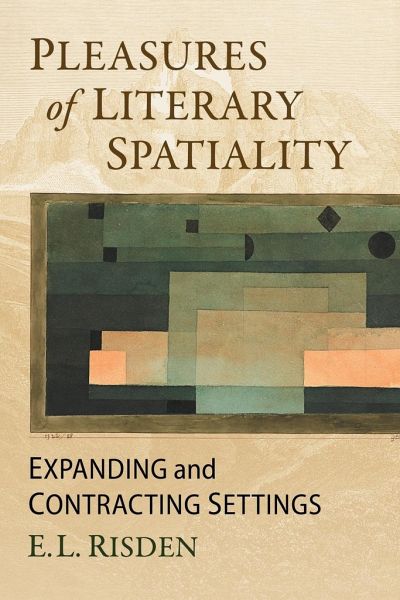
Pleasures of Literary Spatiality
Expanding and Contracting Settings
Versandkostenfrei!
Versandfertig in 1-2 Wochen
79,99 €
inkl. MwSt.

PAYBACK Punkte
40 °P sammeln!
Barring such illnesses as claustrophobia or agoraphobia, or situations such as medical isolation or incarceration, most people move naturally from smaller to larger spaces and back again without giving the process much thought. But paying attention to our own movement in space yields all sorts of sensory experiences from something relaxing to something terrifying or even astonishingly beautiful. Our sense of expandable/contractible space can influence how we process everything from Japanese gardens to mountain hikes and desert expanses. Writers often expand or contract spaces around their char...
Barring such illnesses as claustrophobia or agoraphobia, or situations such as medical isolation or incarceration, most people move naturally from smaller to larger spaces and back again without giving the process much thought. But paying attention to our own movement in space yields all sorts of sensory experiences from something relaxing to something terrifying or even astonishingly beautiful. Our sense of expandable/contractible space can influence how we process everything from Japanese gardens to mountain hikes and desert expanses. Writers often expand or contract spaces around their characters for dramatic effect, character building, and even thematic purposes. Marie de France used expanded spaces for adventure and travel and contracted spaces first for romance, and then for spiritual devotion. Chaucer used expanded spaces for adventure, pilgrimage, and danger and contracted spaces for conviviality and storytelling. Dante and Milton created expansive cosmologies but focused on small spaces for both suffering and incredible spiritual achievement. This study of literary spatiality yields fascinating results, reflects useful techniques for reading, and reminds us of the value of all sorts of different approaches to analysis and artistic enjoyment.



